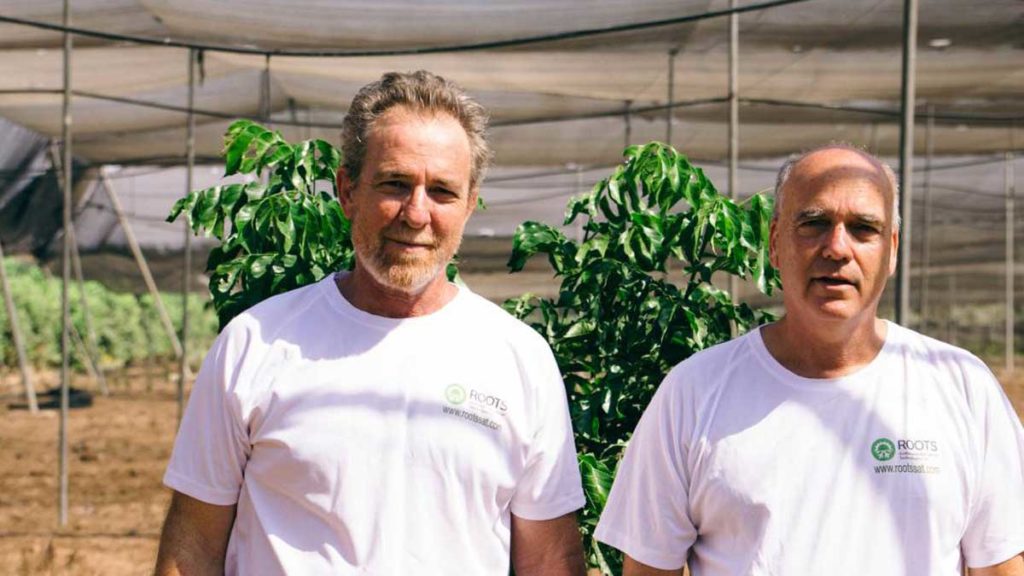Roots Sustainable ships first high-tech, algae-proof pipes to China
Tech
Tech
The first shipment of AgTech Roots Sustainable’s specially formulated green pipes is set to be dispatched to its major China project, a feat of innovation in the hydrology space.
Apart from the distinctive bright colour, the green will allow farmers to distinguish between conventional drip irrigation and pipes used in Roots’s patent root zone temperature optimisation (RZTO) technology.
It sets a new global colour standard and is a result of significant research and development in hydrology, that also unlocks innovation within the pipe itself to prevent algae.
The initial shipment — the first of eight in their previously announced $323,000 sale to Dagan Agricultural Automation — is set for delivery in China within 30 days, following which onsite installation will begin.
Roots deputy chief Ehud Reivitz conducted the initialisation phase of the installation and told Stockhead he was confident of the project’s smooth production.
“Our RZTO system will play a key role in this project being able to increase crop yields by addressing local land and water constrains common in the region,” he said.
“We also aim to use the green Root Zone pipes to set a global unified colour standard for root zone heating and cooling pipes.”

The project also marks the beginning of a binding exclusive distribution agreement for the China market with Dagan conditional on $24 million (US$19 million) in sales over five years.
China is already the world’s largest vegetable production market, with 550 million tonnes produced each year – equivalent to 53 per cent of global supply.
Despite that, current production can still not keep up with the country’s growing appetite so Roots is hoping it can bring higher yields and greater efficiencies.
“While China is a powerful agricultural producing country, it faces many challenges. It must feed nearly three times the number of people per area unit of land as the rest of the world,” chief and co-founder Dr Sharon Devir said.
“There is a growing middle-class demand for more protein in the diets, and local land and water resource constraints make production increases a challenge.”